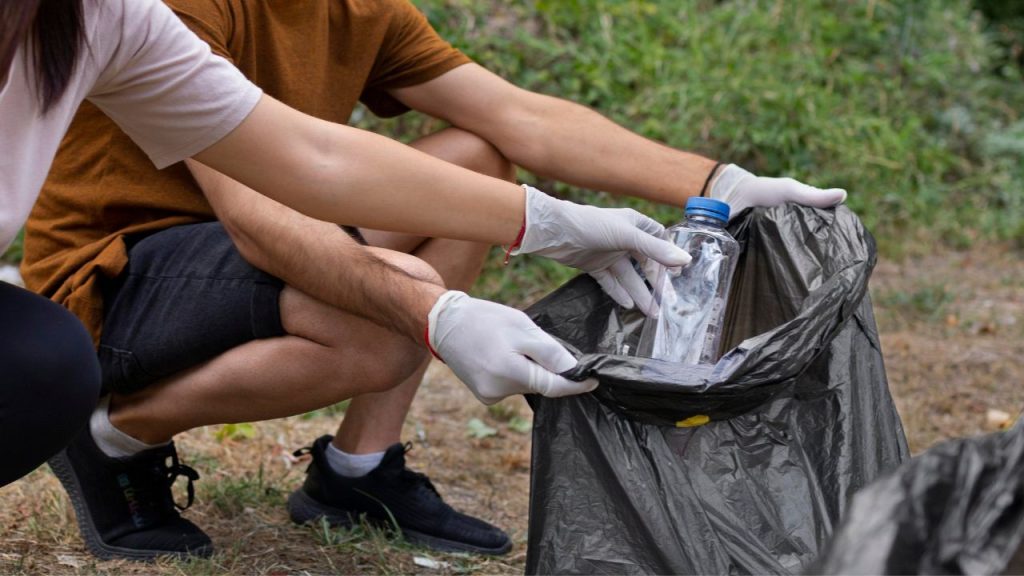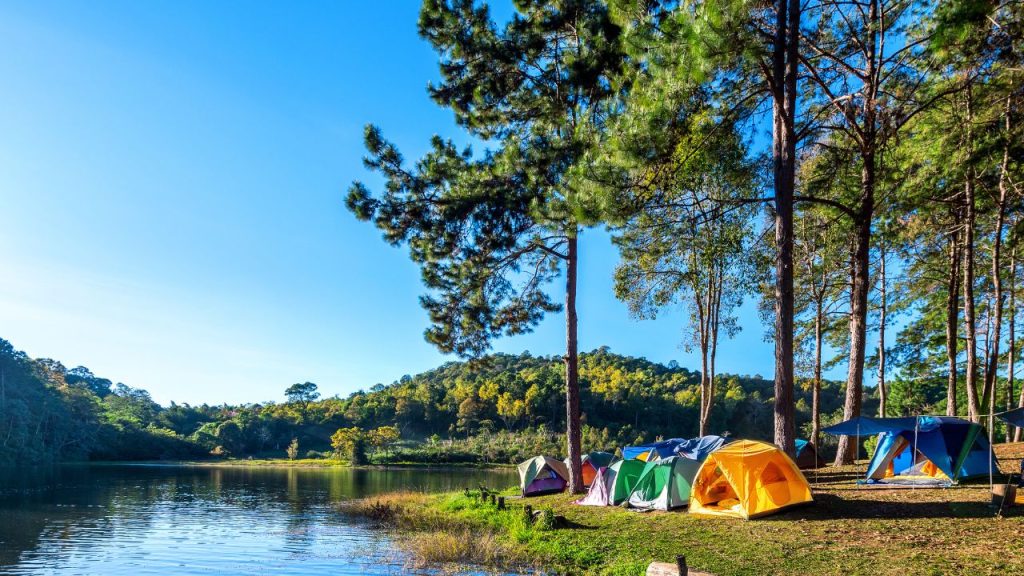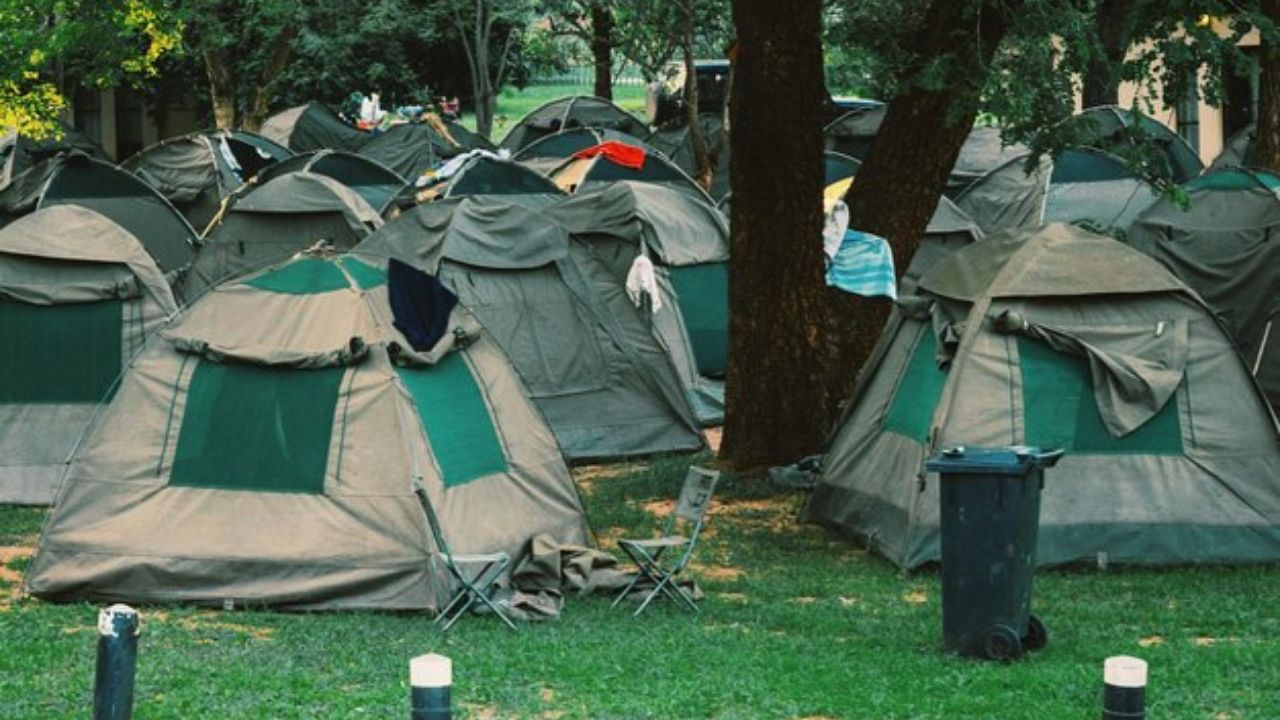As a lifelong camping enthusiast, I’ve spent countless nights under the stars, immersed in the beauty of the great outdoors.
Through my experiences, I’ve come to understand the importance of respecting nature while camping. It’s not just about enjoying the wilderness; it’s about preserving it for future generations.
In this article, I’ll share my insights on how to camp responsibly and minimize your impact on the environment.
Understanding Leave No Trace Principles
The Leave No Trace (LNT) principles are a set of guidelines that help campers minimize their impact on the environment. These principles are based on scientific research and have been adopted by outdoor organizations worldwide. The seven LNT principles are:
- Plan ahead and prepare
- Travel and camp on durable surfaces
- Dispose of waste properly
- Leave what you find
- Minimize campfire impacts
- Respect wildlife
- Be considerate of other visitors
By adhering to these principles, you can ensure that your camping trip is not only enjoyable but also environmentally responsible.
Planning and Preparation
One of the most important aspects of respecting nature while camping is proper planning and preparation. Before setting out on your trip, take the time to research your destination, including the local regulations, weather conditions, and potential hazards.
When packing for your trip, choose gear that is durable, versatile, and environmentally friendly. Opt for reusable items instead of disposable ones, and pack out all of your trash, including food waste.
Choosing a Campsite
When selecting a campsite, look for durable surfaces such as established campsites, rock, gravel, or dry grass. Avoid camping on fragile ecosystems like wetlands, riparian zones, or alpine meadows. These areas are particularly sensitive to human impact and can take years to recover from damage.
If you’re camping in a remote area without established campsites, choose a spot that is at least 200 feet from water sources and trails. This helps to minimize the impact on wildlife and maintain the pristine nature of the wilderness.
Managing Waste

Proper waste management is crucial for maintaining the health and beauty of the wilderness. When camping, follow these guidelines for disposing of waste:
- Pack out all trash, including food waste, packaging, and hygiene products.
- Use designated toilets or catholes for human waste. If using a cathole, dig a hole 6 to 8 inches deep and at least 200 feet from water sources, campsites, and trails. Cover the waste with soil when finished.
- Use biodegradable soap and dispose of wastewater at least 200 feet from water sources.
- If washing dishes, strain food particles and pack them out with your trash.
Minimizing Campfire Impacts
Campfires are a beloved part of the camping experience, but they can also have a significant impact on the environment. To minimize your campfire’s impact:
- Use established fire rings or pits when available.
- Keep fires small and use only dead and downed wood.
- Burn all wood and coals to ash, and ensure the fire is completely extinguished before leaving the site.
- In areas where campfires are prohibited, use a portable stove for cooking.
Respecting Wildlife
One of the joys of camping is the opportunity to observe wildlife in their natural habitat. However, it’s essential to remember that these animals are wild and should be treated with respect. To minimize your impact on wildlife:
- Observe animals from a distance and avoid disturbing them, especially during sensitive times like mating, nesting, or raising young.
- Never feed wildlife, as this can alter their natural behavior and lead to dependence on human food.
- Store food and scented items (e.g., toiletries) in bear-proof containers or hang them from a tree at least 10 feet off the ground and 4 feet from the trunk.
- Keep pets under control and on a leash to prevent them from harassing wildlife.
Being Considerate of Other Visitors

Camping is a shared experience, and it’s essential to be considerate of other visitors to ensure everyone can enjoy the wilderness. To be a courteous camper:
- Respect quiet hours and avoid making excessive noise, especially late at night or early in the morning.
- Yield to other users on trails and avoid blocking the path.
- Keep campsites clean and tidy, and leave them in better condition than you found them.
- Be friendly and helpful to other campers, but respect their privacy and solitude.
Educating Others
As a responsible camper, you have the opportunity to educate others about respecting nature. Lead by example and gently share your knowledge with fellow campers who may be unaware of LNT principles. Encourage your camping companions, especially children, to appreciate and protect the wilderness.
Adapting to Different Environments
Different camping environments may require different approaches to respecting nature. For example, in desert regions, it’s crucial to conserve water and avoid disturbing cryptobiotic soil crusts. In bear country, proper food storage and bear safety techniques are essential.
Take the time to research the specific environmental concerns of your camping destination and adapt your practices accordingly.
Frequently Asked Questions
What should I do with my trash if there are no trash receptacles at the campsite?
Always pack out your trash, even if there are no trash receptacles available. Bring a dedicated trash bag and store it securely until you can dispose of it properly at a waste facility or at home.
Is it okay to take a small souvenir, like a rock or a feather, from the campsite?
No, it’s best to leave natural objects where you find them. Taking souvenirs, even small ones, can have a cumulative impact on the environment and disrupt the delicate balance of the ecosystem.
What should I do if I encounter wildlife while camping?
Observe wildlife from a safe distance and avoid disturbing them. Never approach, feed, or attempt to touch wild animals. If an animal appears agitated or aggressive, slowly back away while facing the animal and seek safety.
How do I know if my campfire is completely extinguished?
A campfire is completely extinguished when the ashes are cool to the touch. To ensure your fire is out, douse it with water, stir the ashes, and feel for any remaining heat. Repeat this process until the ashes are cold.
Can I wash my dishes in a river or lake?
No, washing dishes directly in a water source can contaminate the water and harm aquatic life. Instead, collect water in a container, carry it at least 200 feet from the water source, and use biodegradable soap sparingly. Strain food particles and dispose of the wastewater in the soil, far from the water source.
Conclusion
Respecting nature while camping is a responsibility that falls on every outdoor enthusiast. By following Leave No Trace principles, choosing campsites wisely, managing waste properly, minimizing campfire impacts, respecting wildlife, and being considerate of other visitors, we can ensure that the wilderness remains a pristine and enjoyable place for generations to come.
Remember, camping is a privilege, not a right. We are guests in nature’s home, and it’s up to us to treat it with the respect and care it deserves. By being mindful of our impact and taking steps to minimize it, we can continue to enjoy the beauty and solitude of the great outdoors while preserving it for future adventurers.
So the next time you set out on a camping trip, keep these principles in mind. Lead by example, educate others, and always strive to leave the wilderness better than you found it. Together, we can protect and cherish the natural world, one camping trip at a time.

Hi there! I’m John W. Perkins writer and Founder howmp.com. As a passionate outdoorsman and travel enthusiast, I’ve made it my mission to share my experiences and knowledge with fellow adventurers like you.

